“Great minds do not think alike. They challenge each other to think again.” — Adam Grant
Recently, we hosted Glenn Goad, the CEO of EarthLink, at our 31st CEO-CHRO Roundtable, where a CEO shares perspectives and insights with 12 CHROs — a unique forum for CHROs to meet with CEOs, unscripted. The CEOs and the CHROs learn from and challenge each other.
All agree and recognize that achieving sustainable enterprise value is elusive. Improving the odds of winning requires agile, non-ego, ambitious executives who, with speed and determination, lead effective transformation as an ongoing journey.
These discussions reveal that “THE” facilitating factor in leading a company’s success journey today — its glue — whether a publicly traded, investor-controlled, or family enterprise — is CEOs who embody authenticity and inclusive team-oriented decision making as a hallmark of the culture they set. These leaders win trust not only with their executives and associates, but more broadly with their stakeholders — inside and outside of their “walls” — by encouraging decision-making inclusiveness. They establish strategic priorities and set clear benchmarks that turn the odds favorably toward enhancing enterprise value.
In speaking with boards and leaders, we ask: Is “culture” just “lip service”? Or, does your CEO recognize the upside value of an inclusive culture — where decisions are made by teams through sharing and respecting differing perspectives? Simply given performance pressures, many CEOs struggle to invest in cultural shifts and the nuances thereof, even though, over time, the payoff may be significantly greater.
Having advised numerous companies, we appreciate the impact of value-creating cultural nuances. Comprehending these nuances, unique to each client, is essential to understanding how each intends to achieve superior outcomes by aligning its executive talent.
We have observed that team-focused leaders who know they aren’t the sole fountains of knowledge and judgments win out. They recruit and retain the best by providing strategic guidance and by emphasizing team buy-ins, without a “heavy hand.”
As with any successful team, every position/leadership seat must add to the whole, beyond the competence and experiences of a role’s basic “table stakes.” Identifying impactful leadership nuances — the true benchmarks of projecting a candidate’s success — requires developing a deep dive discipline that, if taken seriously, will result in better recruiting decisions and better outcomes.
In evaluating who is the best fit to lead, The Koblentz Group develops a client-focused diagnostic leadership guide — a “Scorecard” unique for each client and each search.
Our Scorecards go well beyond whether a candidate can “do the job.” Roles and their relative value change as conditions change. Adjusting to change is a critical element of leadership. Our Scorecards are a living, adaptable approach to executive talent and succession that collaboratively assists our clients to focus clearly on what the particular role must achieve currently, the resources available to meet the marks, and most importantly, “how” the candidate will achieve success, cross-functionally, with agility and resilience as new challenges arise.
While a candidate’s experiences and prior achievements are important, our Scorecards assist in discovering the differentiating nuances that truly ascertain abilities to bend the curve — necessary elements for a candidate to “deliver” on each position’s critical success factors, now and going forward.
The Bottom Line
Based on our experience, Scorecards will assist your teams in making better hiring decisions and the selection of promoting from within. Before deciding on internal appointments or externally recruiting, we suggest establishing a disciplined approach that takes into account three principal dimensions.
Refine the Expectations and Priorities of Your Team: Consistency of approach is important. For Scorecards to be effective in terms of expectations and outcomes and to improve your team, develop one for each executive position and update it often so it is consistent with your organizational transformational journey and the “contribution” the current executive in each role must deliver.
Avoid Playing Favorites: Without regard to the effectiveness of the individual currently in each position, as an evaluative process, define and update the true rationale for each role. Ask and reflect as to why that role is important as you envision the future. Set the expectation of its perceived impact in achieving your company’s priorities. Adjust as warranted. Stick to it!
Shape “The New”: Determine whether a leader is just running with the old playbook or demonstrating forethought in addressing “new conditions.” In evaluating your leaders, observe how they lead now, whether they are listening and learning. Seek to discover each key leader’s adaptability and abilities to lead confidently in uncertainty. Invest and develop these high potentials so you won’t lose them to others who might place a higher value on their upside.
We value your thoughts and observations.
Our Firm’s track record of 98% completions is the best in search. With decades of experience and successfully having conducted numerous “sensitive” board and executive recruitments, call us to learn about our reach, access, and capabilities. Your team will experience a difference.
